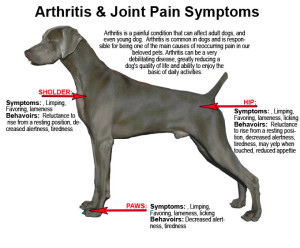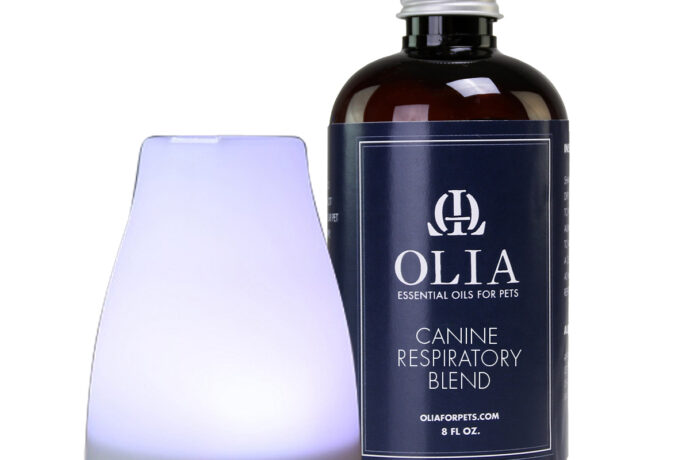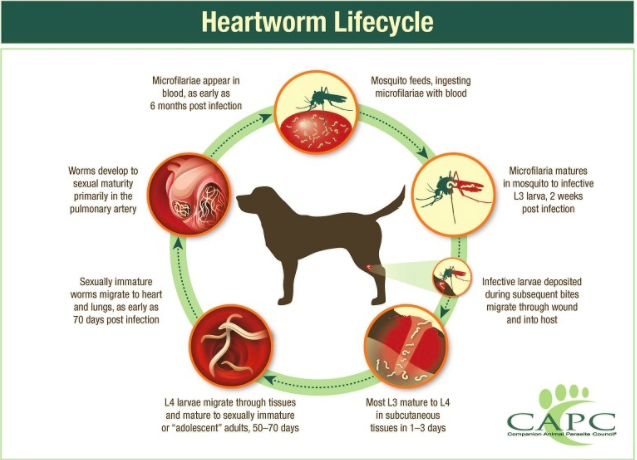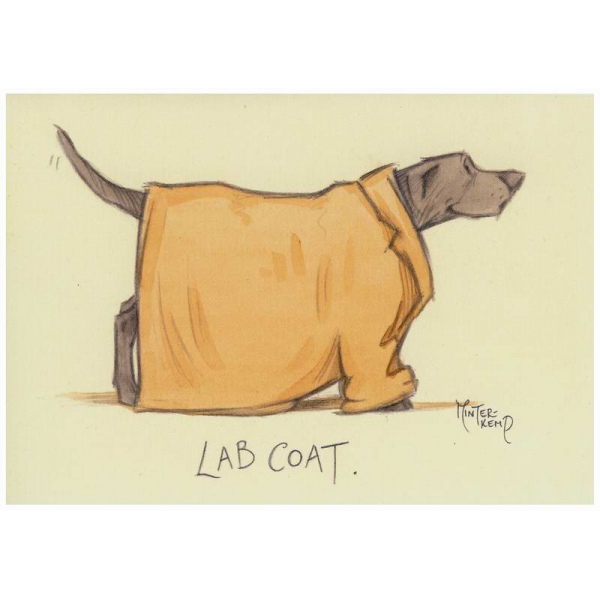Alternatives to NSaids for Pain Relief
I’m sure you are familiar with the names of Non Steroidal Anti-Inflammatory Drugs (NSAIDs) like Rimadyl, Metacam, Deramaxx and Previcox. OTC NSaids are NOT SAFE FOR YOUR ANIMAL!!!
These drugs are prescribed by vets to treat inflammation and pain, not only for long-term diseases like arthritis, but also for injuries and other conditions.
At some point during your dog’s life, your vet may recommend NSAIDs.
But, unfortunately, they will most likely leave out the risks associated with these drugs – information you need to make an educated decision about your dog’s care. (Personally, I hate when my own GP does this to ME!)
How NSAIDs Work
NSAIDs work by inhibiting the production of prostaglandins.
Prostaglandins are made from fatty acids in every cell of the body. There are many different types of prostaglandins in the body and their main job is to mediate inflammation. When tissue damage occurs, an enzyme system converts arachidonic acid to prostaglandins.
This might be okay if you’re trying to prevent blood clots and stroke. This is NOT okay if your dog is taking aspirin for arthritis and then goes to the vet for a dental extraction, during which time, the bleeding can’t be stopped. This could have a tragic outcome.
What the Experts Say
Aspirin and other NSAIDs usually cause gastritis or peptic ulcers and should be avoided unless absolutely necessary. NSAIDs designated for human use, such as ibuprofen, should never EVER be used in dogs or cats. These drugs cause severe, frequently fatal gastric and intestinal ulceration. I had a dear friend lose her dog this way. It was absolutely the most terrifying thing to witness her dog pass away as he bled internally from perforation due to use of ibuprofen. Although years ago I actually had a vet once recommend it, now we know it should never EVER be used on pets.
The manufacturers of Metacam actually admit that cyclooxyrgenase inhibitory NSAIDs may be associated with gastrointestinal (gut), renal (kidney), hepatic (liver) toxicity! Dogs that have experienced adverse reactions from one NSAID may experience adverse reactions from another NSAID. Serious adverse reactions associated with this drug class can occur without warning, and in rare situations, result in death.
Benefits versus risks:
Here’s the sad truth: NSaids are NOT effective in improving joint health, in fact they damage the very joints that you were hoping would heal. Any injuries sustained will not heal as quickly…it actually prevents healing.
Making arthritis worse?
It’s hard not to conclude that the risks outweigh the benefits of NSAIDs, especially when there are natural options that can be just as effective.
The body’s ability to heal
Sometimes we forget how good the body is at doing what it’s meant to do, especially when given food based, good nutrition and herbal remedies that allow the body to heal itself!
My favorite specialist in diagnosing and treating orthopedic conditions in canines, Dr. Lonnie Davis, explains that pain and inflammation would seem like a good thing for the body. Yet conventional medicine says we should suppress inflammation – I guess, because it hurts. Fortunately, there are other options. And he is not of the opinion that we go in and “cut” or “fix”, but treat the pain naturally, and allow the body to heal. With his 30 years of experience, he sometimes shakes his head at the thinking of conventional medicine; that in trying to stop the pain, they do more damage than good.
Copaiba/Wintergreen/Peppermint (Found in our Pain Relief Blend)
Don’t underestimate the hot/cold relief you can give your dog with the essential oils, copaiba, wintergreen and peppermint. These ingredients are contained in our Pain Relief Blend. Massage this blend onto the affected area. Copaiba is extremely high in beta-caryophyllene, a potent anti-inflammatory. Copaiba is a resin tapped directly from a Brazilian tree and distilled. It is generally regarded as safe and can be used topically for arthritis. Wintergreen contains methyl salicylate, which is anti-inflammatory and analgesic when used for conditions such as arthritis, muscle, and nerve pain.
I use all three of these oils, topically for almost all of my canine friends, and recommend it to my clients. (and I use it myself!)
Many natural approaches can be used simultaneously. And I do recommend treating from within (nutritional supplements, such as NuVet Supplements), and externally for the best treatment of pain and inflammation.
Dangers of CORTICOSTEROIDS as used for inflammation in pets
Steroids can decrease the ability of wounds to heal due to immune suppression, and also decrease collagen in the joints causing further destruction in the joints. This makes them unsafe for long-term use. They can also cause diabetes, obesity, pancreatitis, thyroid disease, osteoporosis and adrenal disease. So many Pet Parents are looking for safe alternatives!
Summary:
Natural options for pain and inflammation are becoming more mainstream as more forward-thinking veterinarians leave veterinary school and investigate a more holistic approach to veterinary medicine. Pet owners have the right to be informed and to make educated decisions regarding how to best manage their best friend’s care. And I believe, more and more, pet owners are taking the bold step in learning a more holistic approach in the short term and long term health of their companions. I have seen educated pet owners begin movements in veterinary medicine the last 5 years, as they educate their vets! I’ve had vets even call and thank us for the information we have provided to our clients!
*And when either trying to prevent OR treat any type of joint issues or arthritis, NuJoint DS is amazing!!! Not only does it contain Glucosamine and Chondroitin, but it also includes vitamin C and MSM. I have 12-year-old labs that run around like puppies. They’ve been on it since they were 5-6 years old and it really does push off the effects of arthritis!!! NuVet only uses the WHOLE herb and also uses only human-grade ingredients.













Where do I get the nujoint DS for my dog?
https://www.nuvetlabs.com/order_new2/products.asp
Thank you so much for your article! I have been using NuVet supplements (including NuJoint DS) for 2 years and my very arthritic 15-year-old Shepherd is still on her feet. Soooo glad to hear that Vets are now listening to us. She was fecally incontinent but I add rice, chicken, yams, carrots, beets, greens, chia seeds, milled flax seeds, plain gelatin powder, and bone broth and marrow to her vegetarian kibble to keep her stools firm. Will now add essential oils to her regimen. Sooo happy to have found you.